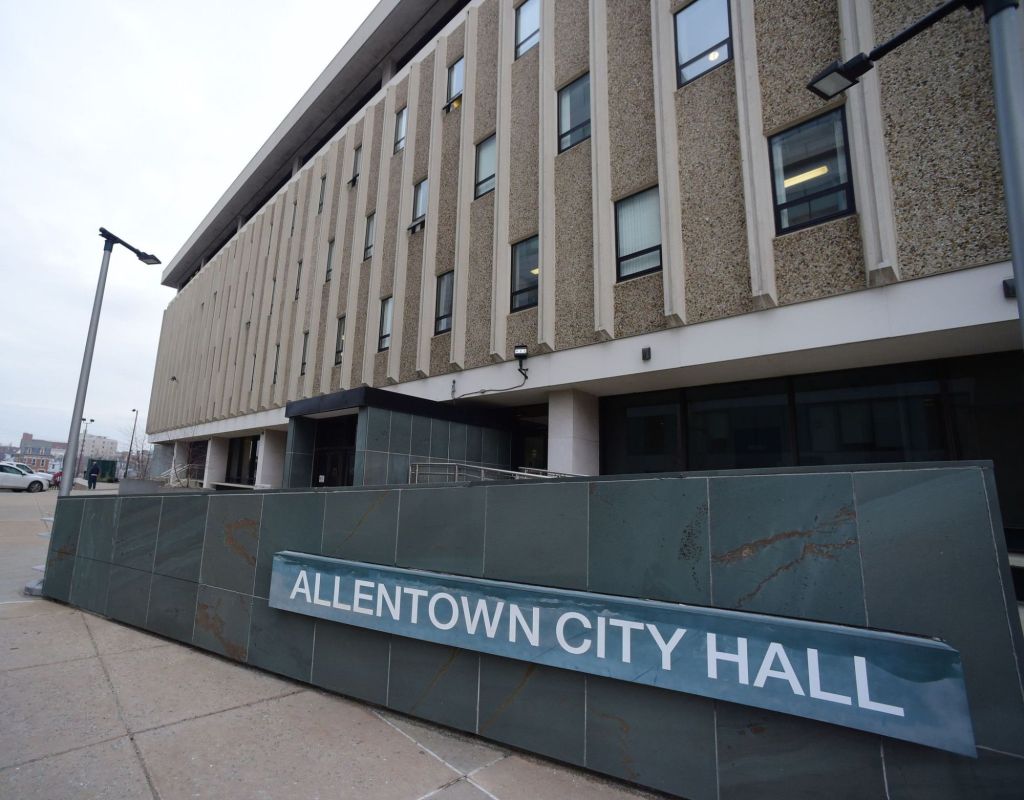Allentown’s brand new zoning and land development ordinances will go into effect next year, overhauling the way new city development is approved.
City Council voted to repeal and replace its zoning and land development ordinances by a 6-1 vote Wednesday evening. Ed Zucal, who is running as a Republican against incumbent Mayor Matt Tuerk, was the sole “no” vote on the changes.
The comprehensive zoning update is Allentown’s first since 1948.
City planning staff released an initial draft of a new zoning ordinance last year, collected feedback on the draft via email and made several revisions based on that public input, as well as suggestions from authorities from the city’s planning commission, zoning hearing board and historic architectural review board. It presented an updated, final draft in early 2025, and council held a public hearing on the zoning update last month.
The goals of the zoning overhaul include increasing housing supply, promoting walkability and incentivizing employment, particularly with a focus on manufacturing jobs, according to planning director Jennifer Gomez.
Several City Council members commended city planning staff and consultants Duncan Associates and Codametrics, who the city contracted to help formulate the plan, for their years of work to put the plan together.
“This was not an easy undertaking and it is not done that often for that reason, but I think you were very diligent, regardless of how others may feel about it, there is a lot of work here to be commended,” said City Council President Daryl Hendricks.
Zucal, the sole no vote, said that he did not favor the ordinance because he thought it would contribute to parking issues and increasing housing density across the city.
“With more development and residential development as well, you are going to have more families, more cars, there has been enough talking about parking issues,” Zucal said.
With the new zoning ordinance, Allentown is looking to preserve the traditional character of its neighborhoods while increasing density in some areas to meet high demand for housing. The Lehigh Valley is experiencing an affordable housing crisis as rents and home prices have skyrocketed since 2020.
The plan proposes a few ways to increase density in some areas; for example, some buildings in certain zoning districts can be two stories taller than the current zoning code allows; housing units can exist above commercial first floor businesses in zones “B3” and “B4”; and the city is looking to allow “accessory dwelling units,” or alley/lane houses, in more areas of the city.
But it is looking to do so in a way that respects existing neighborhoods — for example, it lists the Old Allentown historic district, East Side neighborhood and West End neighborhood as examples of “stable” neighborhoods it is looking to preserve with the zoning change.
Reporter Lindsay Weber can be reached at Liweber@mcall.com.

